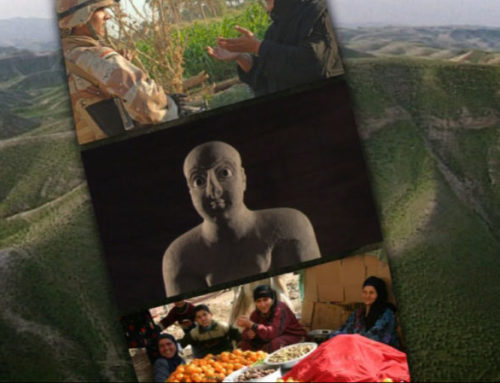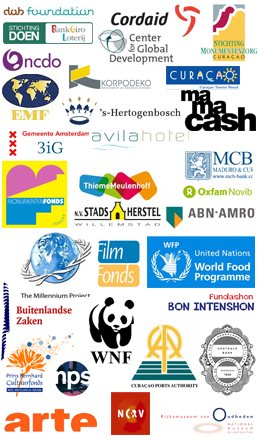The UN Millennium Project established the Task Force on Hunger in 2002, with a mandate to develop a strategy for halving world hunger by 2015. One of the goals is to provide meals that are both nutritionally significant and low in cost to children enrolled in beneficiary schools. Ghana is the first African country to run the program.
A film commissioned by the UN hunger Task Force.
Though still in a pilot stage, pupils, teachers and farmers in The ‘Ghana School Feeding Programme’ have positive stories to tell. The programme’ provides Ghanaian children with a school meal each day. The ingredients are purchased from local farmers. As more children attend school, the market for farmers’ produce grows. The GSFP also helps the farmers in improving and marketing their crops.
Poverty is a major cause of hunger in Ghana. Low food production persists in rural areas most remote from markets and/or where agricultural production is risky. Farmers often cannot afford seeds to plant the crops that would provide for their families. Mothers lack education to provide a nutritious, well-balanced meal to their children.
Adequate nutrition lies at the heart of the fight against hunger– typically due to limited diets consisting mainly of starchy foods, with little in the way of animal products, vegetables, and fruits.
Supporting smallholder (female) farmers to feed themselves and produce marketable surpluses is the quickest and in the short-run the most efficient way to reach food-security for a hundred million people in Africa. In 2000, the Dutch Government spearheaded the fight against hunger by providing the Government of Ghana with the first financial support.
As the primary care providers for children and families, women are particularly important in improving nutrition. In this film we see how women’s well-being, empowerment, and education are the driving factors in reducing children’s malnutrition and ensures adequate micronutrients for those suffering from vitamin and mineral de?ciencies.
Community awareness and action, supports both formal networks of nutrition workers and informal self-help and mother-to-mother groups and health volunteers at the village level.
With Dr. Perdro Sanches of the Hunger Task Force Millennium Project requesting for political action: “We need political action and policy reforms at the national level and community based agricultural productivity, markets at the local level to create a Better Future for farmers and children”.
• Commissioned by The United Nations task force program to eradicate hunger. Shot in Ghana using a local film crew.
• Screened at the 2004 African Union congress in Addis Ababa, this film was used to inspire African leaders to advocate and promote the Millennium Development goals.
Producer / Editor: Peter Swanson, Global Vision
Director: Paul King
Camera: Clement Tawiah
Executive Producers: Joost van Loon & Alexandra Jansse EMF Films 2004
Themes: School Feeding Programme, Hunger Task Force Millennium Project, Malnutrition, Food security, Smallholder farmers, Self-help groups







